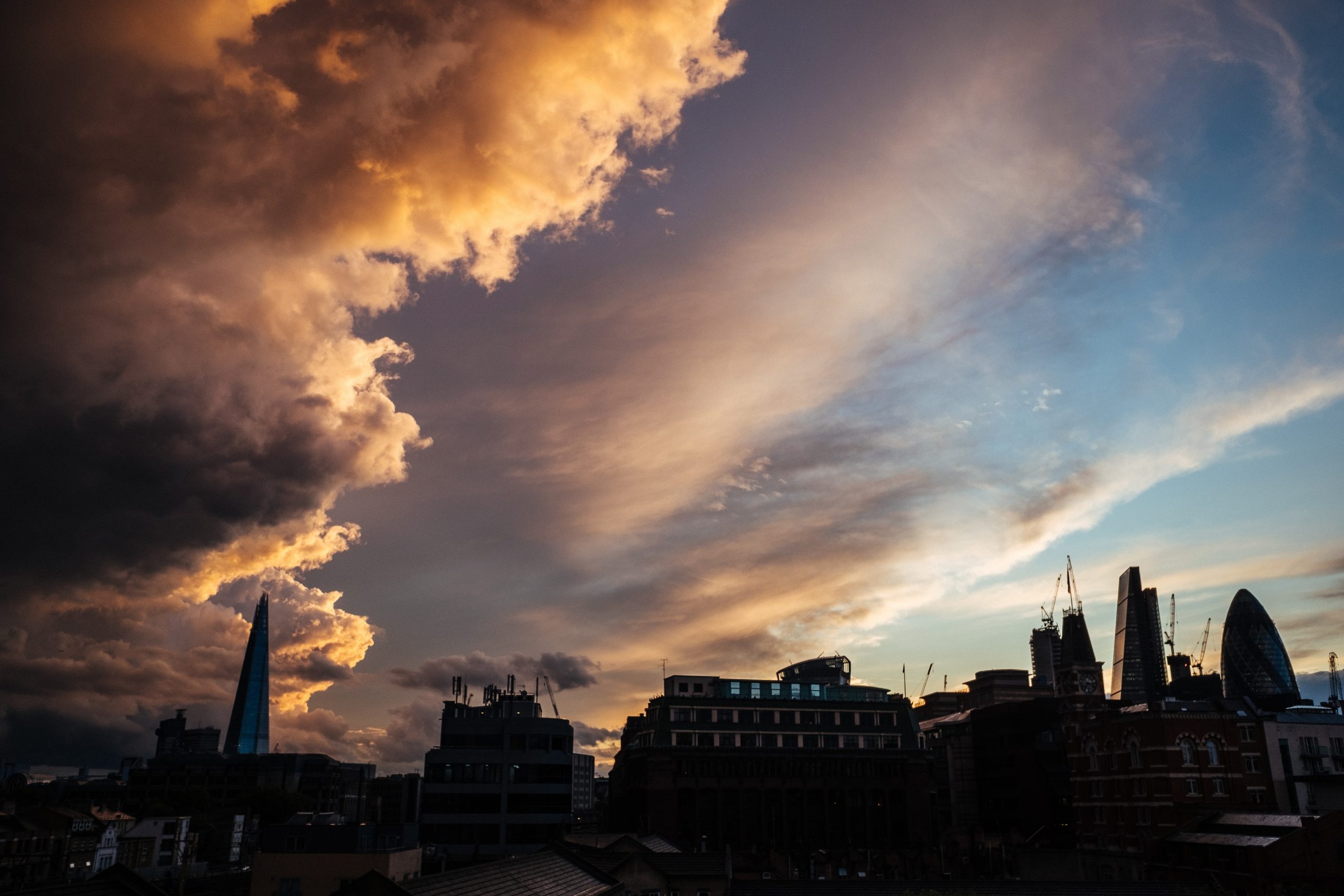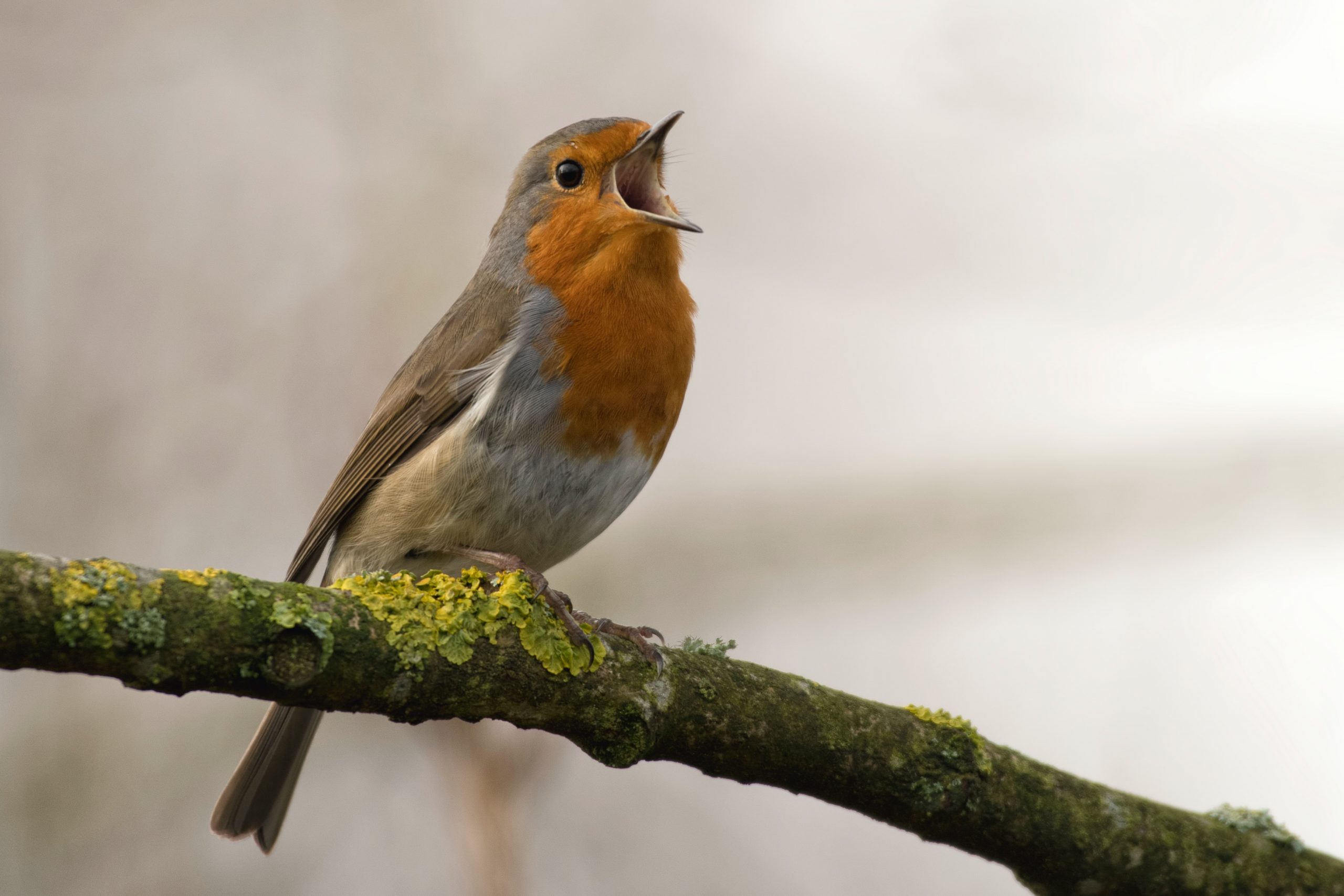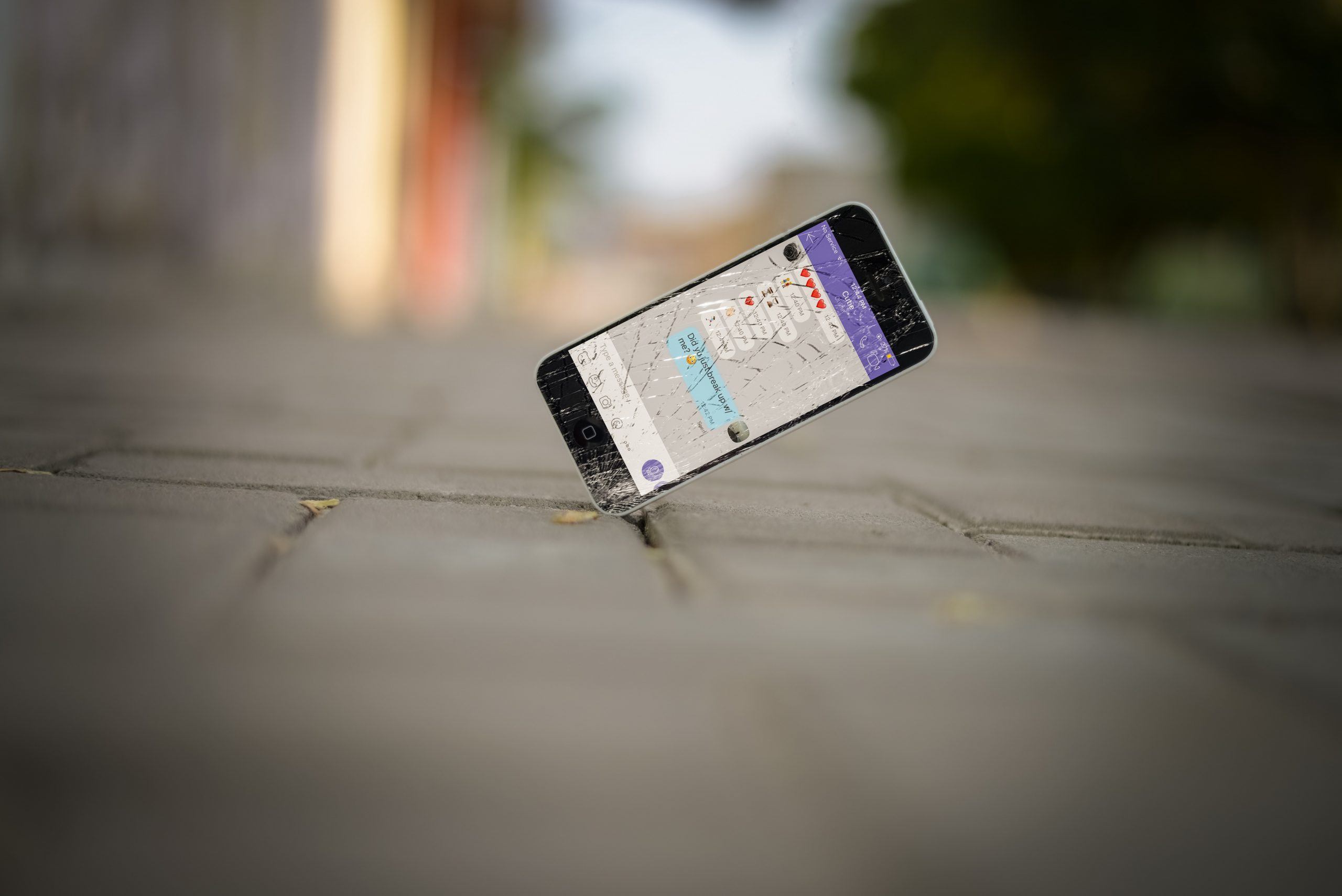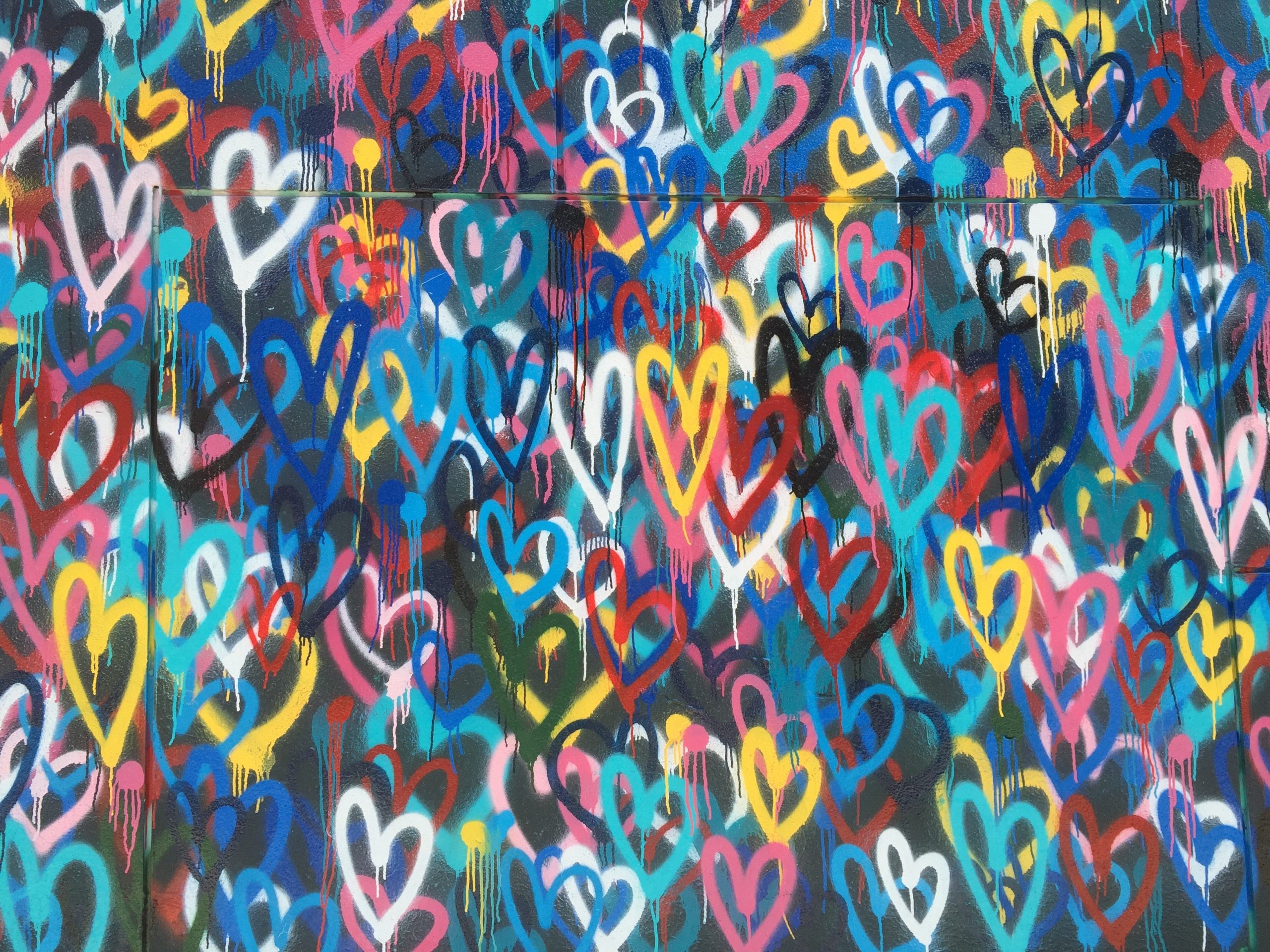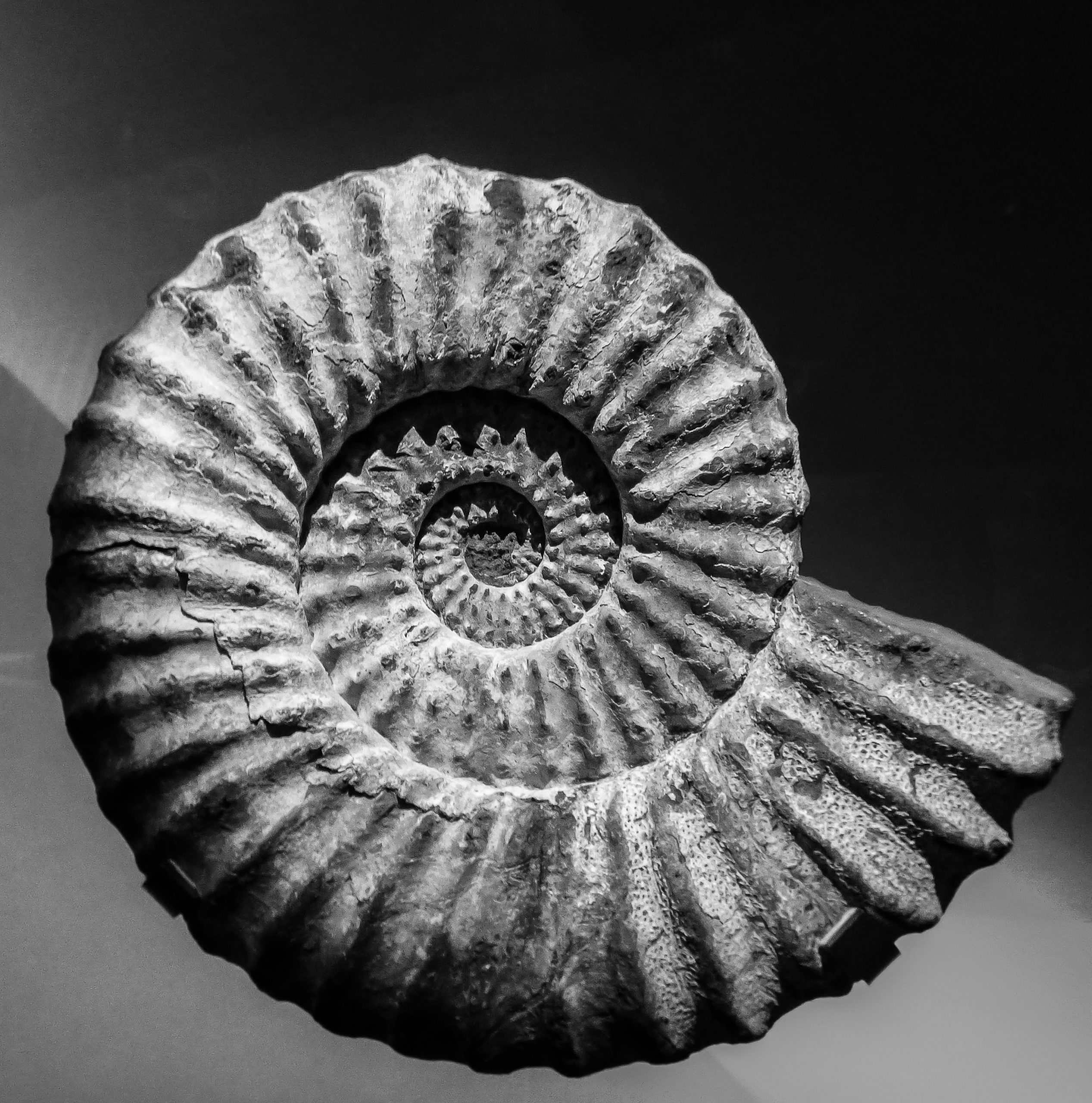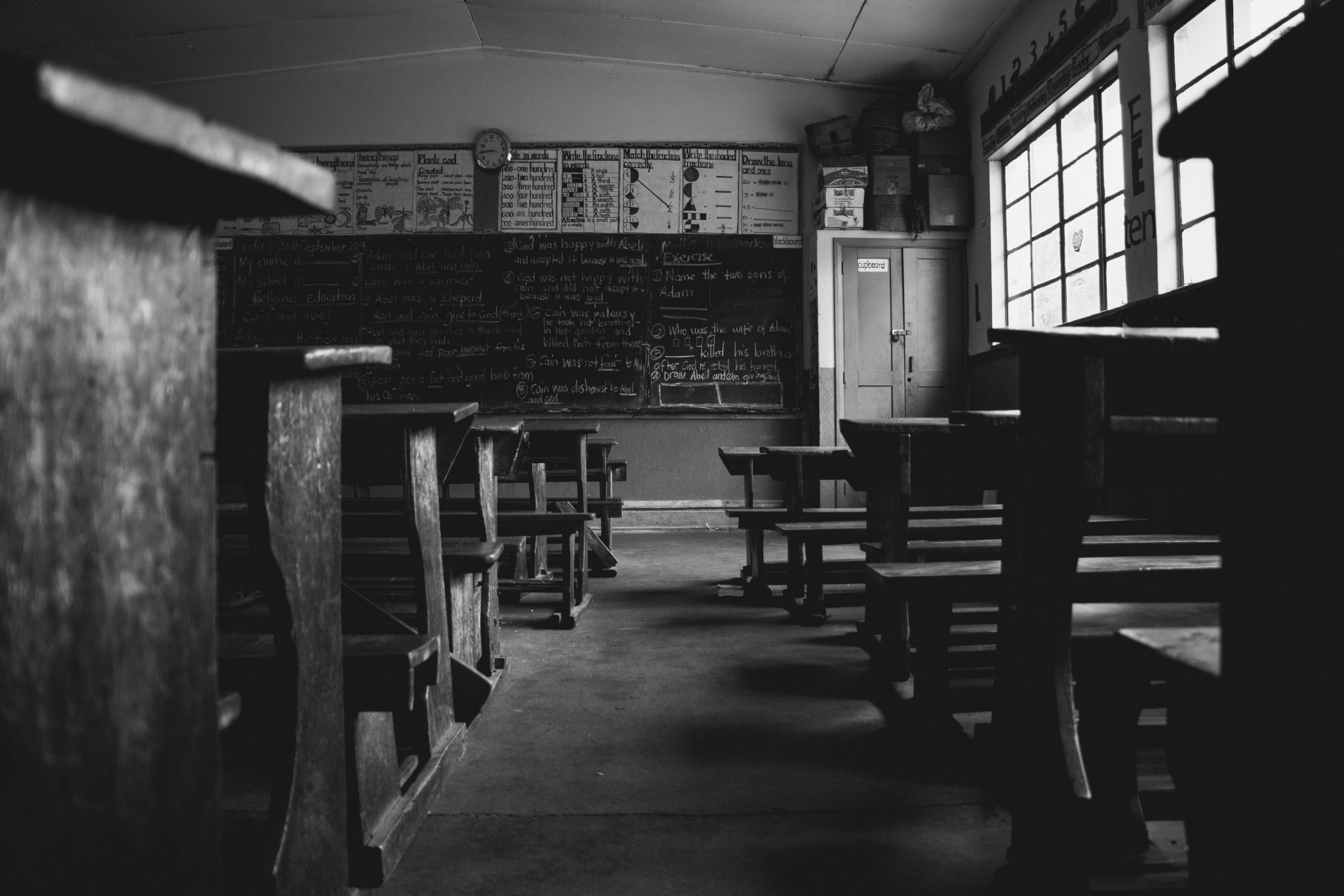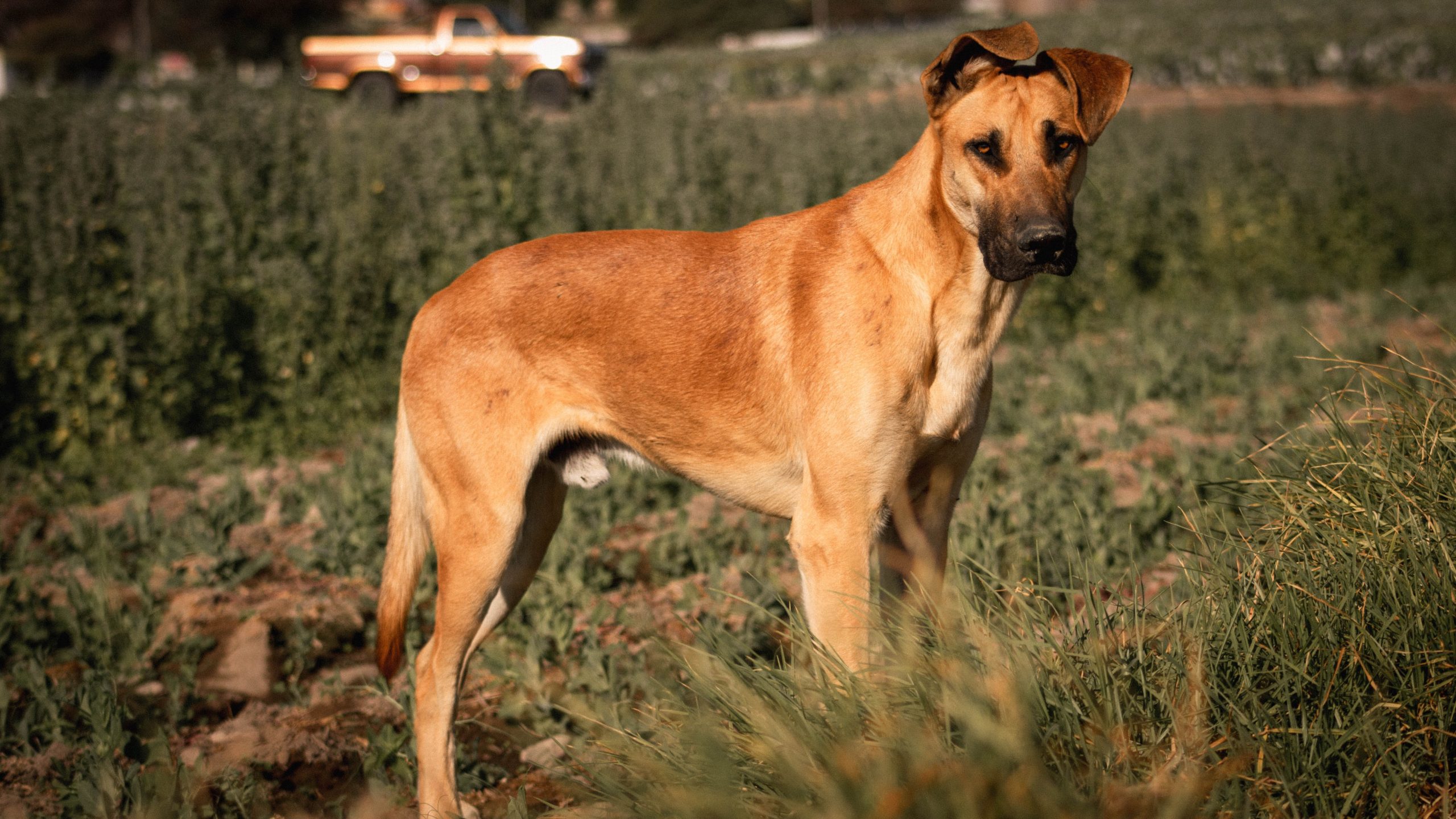Lottie opens the door, her eyes sleepy. She’s smoked a joint already. Maybe they all have, maybe several. The conversation will be warm and slow, and my voice will sound too loud, exaggerated, my mouth taking up my whole face. My lips twitch as I smile.
I’m late, I say.
Lottie looks beautiful, exceptionally so, her hair pulled up into a bun, barely any makeup, a green silk playsuit I haven’t seen before. I wonder fleetingly whether I have ever been sexually attracted to her. It’s not a real thought. She’d laugh if I told her, she’d like it. She hugs me into a cloud of pomegranate noir, our shared scent.
You look nice, she says into my hair and then steps back smiling lazily. No, not sexual attraction, it’s stronger than that, deeper: I want to absorb her, a second pulse beating below mine.
Thanks, so do you! I say.
Oh, do you like it? She spins around to show me her bare shoulder blades. It’s new.
I wait for her to ask me how it went, but she doesn’t, and there’s a moment of silence where we both stand hovering, not even properly looking at each other, me on the doorstep, her inside. What if I just turned around and left, would she shout my name down the street? I suck in my cheeks, hold out the bottle of Isla Negra and a small leafy plant that I found on sale in the corner shop. She beckons me in.
The room is full of lamps borrowed from other rooms, and the table has been pulled in front of the French doors, which have been flung open despite the cold. The patio’s illuminated by the spill of bulbs. London’s bleached night, a kind of acid sheen. Josh is standing leaning against one of the doors, smoking. He’s growing a beard that makes his face look slimmer, older, and his hair is loose down to his shoulders.
Look who’s here! Lottie announces to the room while I stand behind her clutching my bag to my chest.
There’s only one face I don’t recognise: a girl, very pretty, very thin. We smile at each other in the way that girls do when they’re sizing each other up. Josh comes over to hug me, cigarette stuck at the corner of his mouth.
Wow, Lots, it looks amazing, I say, stepping back and away from him to the side of the room, searching for something to hold on to. I love this. I run my hand along the bookshelf which is completely empty, white as bone.
Lottie puts the plant on one of the shelves in the centre. Next time everyone has to bring a book, she says.
Or a china dog, Anissa says. It’s from Oka. Stupidly expensive. She approaches me and we kiss on both cheeks. I haven’t seen you for ages.
I know, I know, too long.
Have you lost weight?
I don’t think so, I say, laughing, pressing my palms against my cheeks.
You look like you’ve lost weight, she insists.
I smile past her and locate a seat at the corner of the table by the doors. Milo acknowledges me with his eyes, but he’s mid anecdote and can’t interrupt the flow. I sit quietly, feeling my own presence as an intrusion. On the plate in front of me are the remains of the starter: the milky streak of burrata, rocket leaves, a crust of sourdough bread.
No, don’t move, Josh says, seeing me at his place.
Next to Lottie. Head of the table. There will have been a seating plan, which I’ve disrupted. I dip my hand into a bowl of herbed cashews and fill my mouth. Anissa sits next to me, lays a hand in Nick’s lap and starts telling me about her promotion. I already know the details from Lottie, and they tell me in almost exactly the same way, word for word.
It would mean moving to Madrid, Anissa says. Thankfully, Nick’s keen.
Madrid’s the new Berlin, the girl says loudly. We haven’t met. I’m Natalie. I work with Lottie.
Lottie’s spoken about her, but I didn’t realise they were friends, or that she was so thin. Too thin, shoulders sharp and curved forward, cheeks hollow. If she were taller, she could be a model. People probably tell her that all the time.
Nice to meet you, I say.
Have some wine. Anissa pours me a large glass of red from a bottle which looks expensive and Anissa confirms it is. Nick bought it; he’s a snob, won’t drink anything under ten pounds. You know he’s working on a poetry collection now?
I let Natalie and Anissa talk, angling myself away, towards the centre of the table. I don’t want to get stuck in this corner all night.
She’s an influencer, Josh is saying to Milo. Lottie’s gone from her seat.
Writing is one thing, letting people read the words is another, says Nick.
She gets sent all this free stuff to wear and all she has to do is pretend that she likes it.
Those big corporations, Milo says, they’re fucking parasital.
It’s a con, yeah, but who cares? It’s good for her, good for them. Win, win.
That’s so brave, Natalie says. I can barely compose an email let alone a poem.
And we’re talking legit brands, Adidas, Sony, Apple, you name it, she’s done it.
Who are you talking about? Anissa says and the other conversation is dropped just like that.
Josh says a name that I don’t recognise.
How many followers? Natalie asks. Can we see? You guys must have heard of Miquela. Look it up. That’s the next level. The future. No need for real people.
Don’t we know someone called Miquela? I ask.
Natalie laughs. This Miquela is a cyborg. A CGI. Virtual being, created by a marketing company in the US.
Josh is passing his phone round the table.
So this person isn’t real? I say, examining a selfie of a pouting teenager with luscious, dark brown hair and huge blue eyes, rimmed with long eyelashes and plump, smooth skin. Her expression is seductive, but blank.
Natalie leans over me. That’s not Miquela.
That’s my cousin. She’s 18, says Josh. She was at the gig last week.
I wouldn’t have recognised her, I say.
Filters, says Milo.
So young, Anissa says, wistfully.
So sexy! Natalie says. I’d love to photograph her. Can I photograph her?
You take photos? Nick asks and she nods. She’s on the side of analogue. Bring back the physical. It’s the texture she likes, the process, it feels more truthful. She’s trying to develop a new series around contemporary culture and young people, she likes the idea of framing it all in London gardens, maybe at night. Nature and the urban coming together. There’s something interesting about the generation just below us growing up in a virtual world and yet they’re the ones thinking about the environment and actually doing something, no?
I’m obsessed with women, she says. I never photograph men. Art’s been dominated by men for too long, and it’s women who are really driving culture these days. So inspiring!
I drink a lot of wine very quickly while Natalie tells us about protesting for women’s rights: abortion, equal pay, domestic abuse, rape… She counts them on her fingers. I stand up, chair scraping on polished wood. On another day, Lottie would scowl at me and I’d feel obliged to bend down and pretend to rub away the scratches with my finger.
Where are you going? Anissa says.
The loo.
Go upstairs. The downstairs bathroom is being retiled.
I nod, light headed when I stand. No lunch. I wonder when the main course is coming.
Upstairs, I lock the bathroom door, take the Jo Malone from the cabinet above the sink and spray it onto my wrists and neck. In the mirror I comb my fingers through my hair, drop my head up and down, and brush it back behind my ears. I feel the scent settling into my skin. There’s a knock on the door.
Rosie? She tries the handle. Why did you lock it? Come on, I’m bursting!
I open it and Lottie brushes past me, and promptly drops her playsuit and pants so she’s standing completely naked. She sits on the loo, bent forward, hair over her face. I can hear her wee hit the basin.
I’m so drunk. She sits up laughing, cheeks flushed. Drinking whilst cooking is never a good idea. You should have come earlier.
I had to work. I lean back against the door; I’ve already told her this.
Did I tell you I asked for a rise? I’m being paid basically nothing. They said they’ll review it in March. Josh thinks I should threaten to walk.
You should, I say. Wait a beat, then add: They loved my video.
The brand? That’s amazing! I didn’t forget, I promise. When can I see it?
When it comes out. I had to sign a thing.
She stands, pulls up her playsuit, walks over to the sink. She smiles at herself in the mirror while she washes her hands, then I realise she’s actually checking for food in her teeth.
Shit! And how was your date? Tell me the details. I’m sorry, work has been crazy.
It was fun. He seems nice.
Did you go back to his?
I did.
And?
And nothing.
Why are you being so coy?
I haven’t figured out how I feel yet.
Feel? You don’t need to feel anything. It’s not supposed to be serious. You should invite him to Milo’s exhibition!
I’m not sure we’re at that stage yet.
What stage? Rosie, you need to relax. Seriously, don’t stress about it. If you’re having fun, you’re having fun, right? Speaking of which. She pulls a baggy of white powder out of her playsuit pocket and waves it in the mirror. Don’t tell Josh, he doesn’t like sharing. And also, did I mention, Natalie wants to photograph us for some series?
Barely a breath between sentences. She shakes a little mountain onto a paracetamol box and chops it into four lines with a bank card that’s lying on the window sill. She drops her head, and snorts a line.
You and Josh? I didn’t realise you guys were a thing.
We’re not, but the sex is amazing.
When did you sleep together?
We went for drinks. He suggested it, both got a bit drunk, I went back to his, and now… Now, I think I’m addicted.
To him?
Ha. No! The sex.
Do you think he’s on the same page?
Yeah, totally! That’s the amazing thing, and I’ve been really honest about it. I’m not looking for anything right now, blah, blah, blah. He knows. Anyway, Natalie says she thinks our intimacy will translate well on camera. She wants to shoot it on her rooftop terrace. Quite fun?
She switches her finger to the other nostril, snorts another line and throws her head back sniffing. She passes the box to me. I hesitate, but I always do, and then. Then, I drop my head, snort two lines very quickly, no pause, and we walk back downstairs together. Anissa’s serving pesto pasta into big white bowls and Josh is crouched by the iPod changing the music. He turns it up: his band’s latest track. I sit and eat a few mouthfuls, but I’m not hungry anymore.
Homemade vegan pesto, Anissa says. Organic as it gets.
A bitter drip slides down the back of my throat. I feel very hot all of a sudden, and have to stand by the doors.
It’s freezing, says Natalie, putting on her coat.
I love this, baby, Lottie says and kisses Josh on the mouth. I’ve never heard her say baby before, and I want to tease her about it, but I’m too far away and she won’t look up. I watch people lift loaded forks to their mouths, over and over. They all say it’s delicious, you’d never miss the cheese, but it needs a touch more salt maybe. Is there any more pasta? Already! It’s so hard to tell when it’s dry don’t you think, like rice, apparently a handful is the general rule, but doesn’t that depend on the size of your hand? Anissa cups her hands together to show everyone the size of her stomach. That can’t really be true? It is, it is, she thrusts her hands forward as Natalie clasps salad leaves between two wooden spoons and dumps them in a heap onto her plate.
I sit back down and Anissa pulls the doors shut. If anyone wants to smoke, they need to stand outside the glass, she says.
Natalie says, So what do you do? to Nick who says he’s a poet, and an accountant in training, which she thinks is amazing and so contemporary in the sense that it’s realistic. Financially, she means. He nods a lot, and I wonder how many times he’s heard that before. I want to ask him whether people take his poetry more or less seriously because he’s an accountant. Instead, I drink a lot more wine and get caught up in a conversation with Anissa about work again.
Lots told me you’ve directed a film or something?
I shake my head. Not exactly, I explain, words falling out of my mouth too quickly for me to make any sense of them, but she mainly seems to be agreeing.
You know when everything seems to line up all of a sudden, I’m saying, like everything coming together in a line, well not a line, but you know what I mean.
So will it be on TV? Or is it a digital thing?
I don’t know exactly, maybe all of those things and they’re saying something about a launch in Selfridges. It’s going to be big, for sure.
Oh, no way. I didn’t realise you were in the industry too, Natalie says and I smile at her kindly.
Well, it’s different to what you and Lottie do, I say. I work on the creative side of things.
But it’s advertising, right? Anissa says.
Yeah, technically, but we work with a lot of really high profile filmmakers. I mean I shot our latest video on my iPhone, but the quality is good and the whole idea is to look spontaneous, you know? There’s a trend for that kind of thing, all the big brands are doing it. Similar to the influencers, but more authentic because it’s not pretending anything.
Totally. I think that’s the way it’s going. So this guy in your film, the dancer, Anissa says, pointing her fork at me. How much they paying him, out of interest?
He wasn’t a hired performer, I say, pouring myself some more wine from Nick’s expensive bottle. That’s what I’m getting at, real people rather than models or actors or whatever you want to call them. I filmed him dancing on the street.
I don’t get it, Anissa says. He wasn’t hired as a performer, but he was performing?
I nod vaguely.
And he’s not being paid?
Not everything has to have a price, Natalie says. It’s art.
Artists get paid, Anissa says. And presumably the brand, whatever it is, sells their clothes. It’s not a charity, am I right?
Ha, no, I say. The complete opposite. It’s a luxury brand.
Right, so they should be paying him to use the dance.
Should and will are totally different things, Natalie says.
It hasn’t been worked out yet and to be honest, I’m not really involved in that. I don’t deal with the contracts and it’s kind of a grey area, I say, twisting my hair round and round with one hand, tighter and tighter behind my head.
What does that mean? Anissa says. When she’s like this, she reminds me of Lottie, but Lottie’s leaning back in her chair, looking spaced out. I try to catch her eye, wanting her to lead me back to lightness. Josh stands up to change the music again.
Something more upbeat! Natalie squeals. I want to dance!
I don’t know, I say, looking into my plate. I release my hair over my face and for a second, I’m enclosed in my own world.
I’m not getting at you personally, Anissa says. You know that right?
I know. I smile at her tightly and stand, waving a fresh packet of tobacco that I bought for tonight especially. Milo leaps up. I pass him a paper, stick the filter between my teeth. He squeezes my arm, and opens the door a crack.
Smoke at the table, Lottie calls on her way up the stairs. I leave the tobacco with Milo, tell him to roll me one, and follow her. We do another two lines, and my teeth go numb. I run my tongue around the inside of my mouth and say something about it being strong. Pupils wide, jaw out of shape. I know her face so well. Better than mine.
She’s speaking very close, nearly touching: You know Rose, you’re my best friend.
More than Natalie?
Natalie? I’ve only just met Natalie.
My body’s pulsing, something on the inside pressing against my skin, thousands of tiny fingertips. Did you know there’s a beetle that lays its eggs inside you, and the babies hatch out and run all over your body? Or maybe it’s a spider. All those tiny little legs. I run my fingers over Lottie’s arm.
Stop. Stop. She jumps back. That’s fucking disgusting.
Downstairs, I dance with Natalie. Our bodies sway around and against each other. Someone’s pushed back the sofas to make space.
This place is so chic, Natalie says. I love the Nordic style.
You haven’t been here before? I say. It’s mainly Niss’s stuff. Lots likes colour and pattern. They fight about it all the time. This is an exaggeration, but Natalie won’t know whether it’s true or not so it doesn’t really matter.
They’re nothing alike, she says. Anissa and Lottie, are they? I mean you wouldn’t be able to tell they were sisters from looking at them.
Same colour eyes, I remind her as if this is an important detail.
You have amazing eyes.
You have amazing eyes!
I don’t, she says simply, taking my wrists and swaying from side to side with her head tilted back.
You know what? I say. You should totally do a series on sisters or friends! Female friendships.
Empowerment! Yeah! she says and spins me around and around, getting faster and faster until the room is a swirling blur. My head continues to move even after we’ve stopped.
The music changes. I know this song.
There’s Eton Mess and a chocolate tart. Everyone sit! Anissa shouts. Nick brought Tokaji.
Everyone takes the nearest chair, shuffling places. There’s a huge bowl of mixed berries dusted with icing sugar. Raspberries, strawberries, blueberries. I pick them out with my fingers. Thick, whipped cream. Lottie’s carving the tart into large slices while Josh nuzzles into her neck. He whispers something into her ear. What is he saying?
Named after a region in Hungry, Nick’s explaining. You’re supposed to sip it from a shot glass.
Hung-ary, says Anissa. It’s not the same as hungry.
You should only buy fruit when it’s in season, Natalie says. And locally grown.
Can someone pass the cream? The question repeats several times. There’s a joint being passed round. I say no, then take it. Blow out sideways, out of the corner of my mouth, like Lottie. The smoke hangs as if it’s been hooked. I wave my hand in the air, but I can’t feel anything between my fingers. I know this song.
It’s a special occasion, Anissa says. We’ve got a subscription box of veg that comes weekly.
A name appears in my head and I say it out loud: Maribou State.
Josh raises his glass across the table.
You know, this song – I’m not sure who I’m speaking to exactly, but it feels important – this song is so beautiful, it’s like sinking into a bath. But it makes me anxious too, y’know what I mean? I don’t have the space to hold it. The ability to properly connect to the sound, get really close to it.
Yes, a voice agrees. Yes. Yes. Yessss.
Faces like masks around the table. I see them all reacting in slow motion. These people.
Natalie’s asking if I have any coke, a dab. She’ll pay, only wants a pinch, little lift, the hash, she says, it’s heavy. I feel like lead.
I can’t feel anything at all, I say.
She laughs, and I laugh with her. She probably thinks we’re becoming friends, maybe we are, maybe I’ll invite her to Ma’s wedding. I tell her this and she says yes, amazing, I’d love to come, meet your Mum, the whole family!
The joint comes back round again. I watch Anissa watching Lottie wipe her nose with the back of her hand. She disapproves, but she’s trying hard not to say anything. Next to me, very close to my ear, Nick’s trying to explain his poetry collection, something about objects being afraid of death.
Comparisons make us distant objects, I say, feeling profound and strange.
What? he says.
I say the same thing again as if that explains it, and he says, I think I know what you mean.
I just love the idea of a suicidal spoon, Natalie says. It really gets me.
Exactly! I say, loudly. Everyone’s too afraid to talk about death. They think death is contagious. All you need to do is say the word and people step back.
Nick refills our glasses with Tokaji. He’s a good guy, I think, taking a sip, a real, stand up, solid guy.
My brother died, I say. You guys wouldn’t know. He was eighteen, I was twelve. I never talk about it. Never say his name. The name without the person. Does it have any meaning? Will. Half the people in the room wouldn’t have known that. See! The way you’re looking at me changed. You can’t help it. Now you’re thinking about death and it’s making you feel sorry for me, and sad and scared, but also relieved that it isn’t your dead brother or your death. The death happened to someone else so it’s alright, you don’t have to talk about it. You can’t know what it feels like, and truthfully, you don’t want to know. Why would you really?
I’m smiling a smile that feels too big for my face. The table is hushed as people withdraw, slip back down into their seats, eyes lowering. My throat is so dry, the Tokaji burns when I drink.
I’m sorry, says Natalie.
I didn’t realise, says Nick.
I see Lottie stand. Her eyes darting round the table.
It’s fine! Completely fine, I continue. It’s not like I know you that well, it’s not like you’re one of my best friends. And anyway, it makes it awkward, it’s a mood killer, isn’t it? No one knows what to say. I’m sorry. I gesture at all of them, then laugh. I’m aware of how I must seem, but I can’t stop. If I do, I’ll scream. None of you met him obviously so you’re all thinking about sadness in the abstract, or about something completely unrelated, most likely. I know you’re not picturing him.
I met Will, remember? Lottie says, gently. At your house one summer. He was making toast topless in the kitchen. She’s standing beside me now.
I see him then with his badly bleached blonde hair, looking through all the cupboards, leaving the doors open while Ma follows him around anxiously. What are you looking for, darling? What are you looking for?
Weight pours into my body at an incredible speed.
For a long time no one says anything and then Natalie decides that’s enough. She changes the music again. Her friend’s band. Listen, everyone listen. I stand up, forget about the tiling in the bathroom downstairs, open the door and have to turn around again. Lottie follows me upstairs, gives me a big hug, and then waits, looking right into my eyes to see if I will cry. She thinks that it would be a good idea to do more coke, finish the bag, why not? Let’s have fun, okay? Licking our fingers, round the plastic, rubbing our gums. Horseradish taste. A whole gram on a Tuesday night, what are we like? We laugh into each other’s faces. I don’t tell her that I’m scared that my heart’s beating too fast, that I can’t feel half of my face, that I might die, if not now, then later, one day, alone, in my sleep.
I kind of wish Natalie would just leave, she says. You can stay by the way. Olive’s in Sri Lanka.
Coming back down the stairs, we pass Anissa and Nick on their way to bed. Anissa tells us to keep the music down for the neighbours.
Lots says, Yes, alright, okay. Got it.
Natalie’s swaying around the room. She tries to pull us in, but Lottie curls up next to Josh and I sit with Milo on the other sofa. I wonder if Milo will leave, or stay. He’d have to sleep in the same bed as me and something would probably end up happening. I can’t decide whether I’m into the idea or not.
How is it 3am? Lottie says, after we’ve been silent for hours, or minutes.
Shit. 3am. I should get an Uber, Natalie says. Lottie looks at me and I stifle a laugh.
Yeah, me too. Milo stands up, stretching. I want him to stay, suddenly, desperately.
You could stay Milo, I say.
There’s only Olive’s room, Lottie says.
Oh yeah, I say, unable to think of any good excuse for him to share with me.
When they’ve left, Lottie, Josh and I take the plates through to the kitchen, moving slowly and silently around one another and then, we walk in a trail up the stairs. Lottie tells me she loves me, kisses me on the cheek and closes her door.
Olive’s room smells of dust and the heavy scents of an unfamiliar body, but the window’s stiff and I’m too weak to push it open more than an inch. I drink a glass of old, gritty water from the bedside table, and lie back fully dressed, watching the ceiling slide sideways. I close my eyes and try to bring Will’s face into my head. I haven’t tried in a long time, superstitious that if I try too hard, he’ll disappear.
Millie Walton is a London-based fiction and art writer and editor. She is a graduate of the Prose Fiction MFA at the University of East Anglia, and is currently working on her first novel. Her short fiction has appeared in Soft Punk and The Dillydoun Review.
